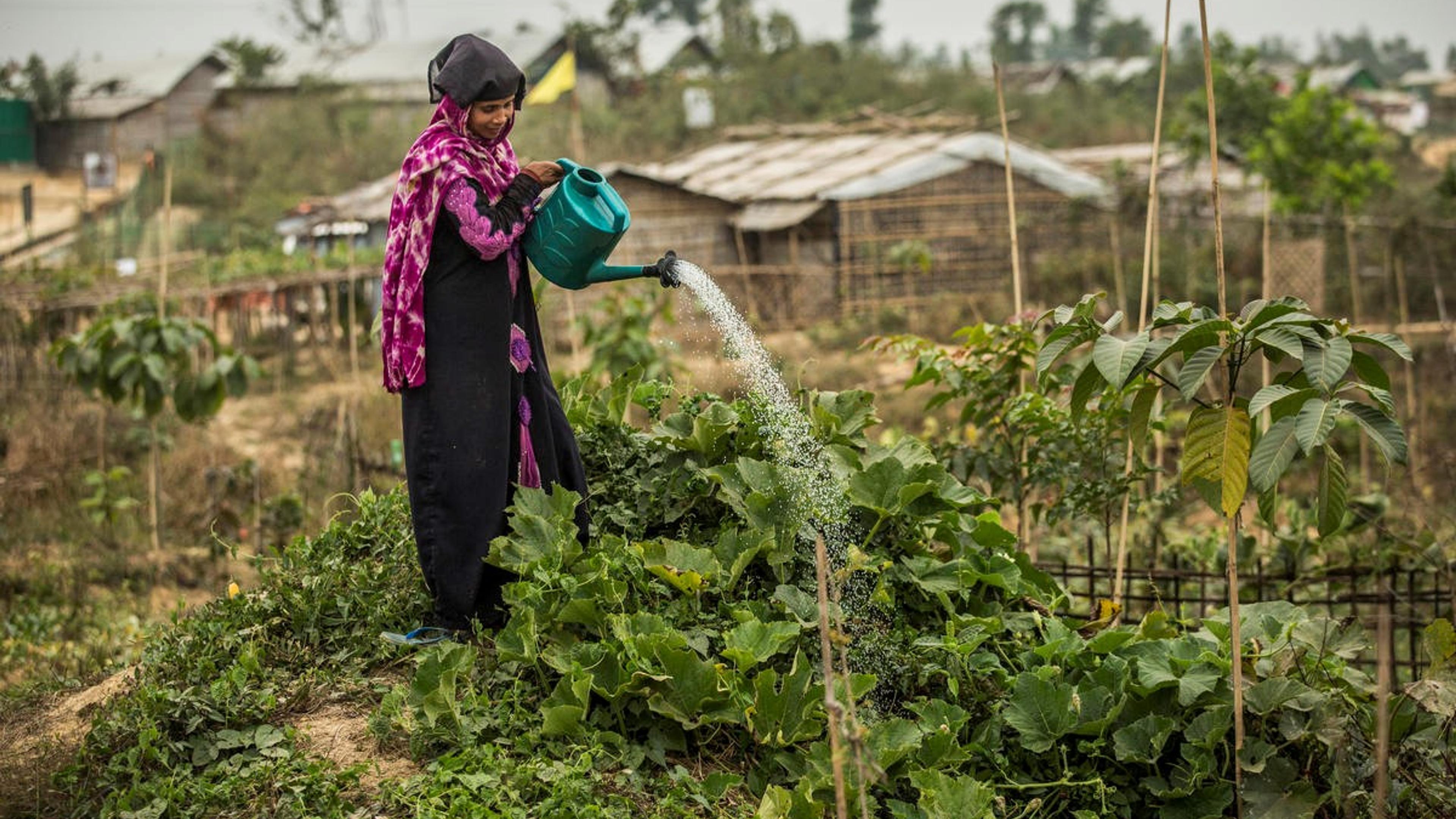Refugee Environmental Protection Fund
 © PHOTO: UNHCR
© PHOTO: UNHCRWhat is the humanitarian challenge?
Climate change and environmental crises such as deforestation are critical problems in refugee situations. Last year, UNHCR conducted the first estimate of deforestation impacts in refugee situations, estimating that 20-25 million trees are cut down in and around refugee settlements each year, 90% of which are cut down to due to the need for cooking fuel. This results in large-scale environmental and social devastation. The resulting environmental problems include soil erosion, landslides, and desertification, which threaten safe living conditions and livelihoods for refugees.
What is innovative about the project?
The Refugee Environmental Protection Fund (REP Fund) aims to create an innovative and sustainable financing mechanism that invests in impactful refugee and host community reforestation and clean cooking programs. The REP Fund would invest in the technical improvement and verification of the environmental programs, so that the carbon emissions reduction from these programs can be verified to generate the first-ever refugee-generated 'carbon credits', certificates that will be sellable to buyers on the global carbon markets looking to offset or mitigate carbon emissions. More importantly, it would for the first time explicitly link refugees and host communities to the global carbon markets, empowering displaced communities and their hosts to become part of the global movement to combat climate change.
What are the expected outcomes?
The proposed activities funded by this grant over the next 2 years will allow UNHCR to develop a project with significant potential long-term impact. Over 10+ years, this impact would be multifaceted, incorporating holistic benefits across environmental and social dimensions, including carbon mitigation, green jobs, and gender protection.
Read more about the project here.